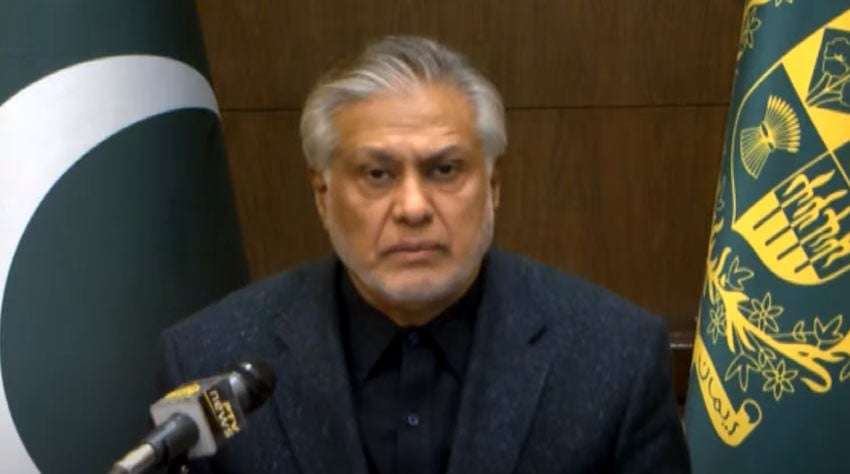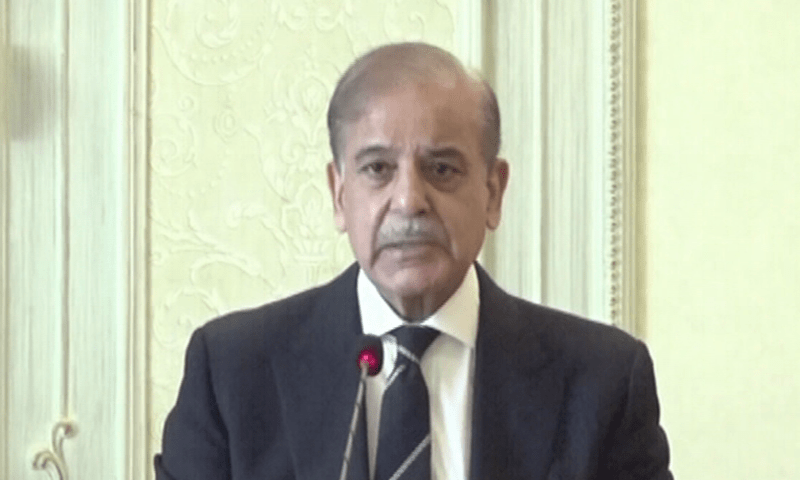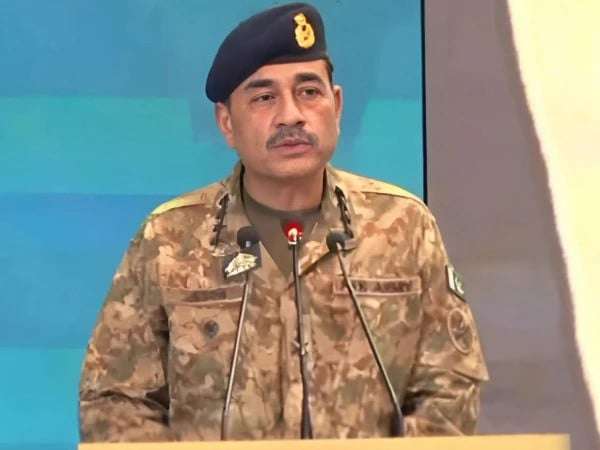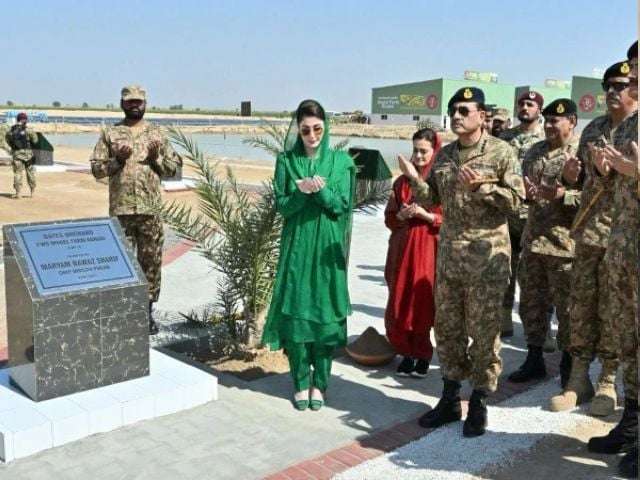Introduction: Government’s Stance on Red Zone Security
In a detailed briefing held at the Ministry of Foreign Affairs on Wednesday, Deputy Prime Minister (DPM) and Foreign Minister Ishaq Dar addressed the concerns of the diplomatic corps regarding the government’s actions to control protests and maintain security in Islamabad’s sensitive areas, particularly the Red Zone. This area, which houses important institutions such as the Parliament, Supreme Court, and foreign embassies, has long been a focal point for demonstrations, particularly by the opposition party, Pakistan Tehreek-e-Insaf (PTI).
This article delves into the government’s position on protest management, the implementation of the Peaceful Assembly and Public Order Act 2024, and Dar’s assertion of the government’s commitment to upholding law and order.
The Red Zone: A Sensitive and Strategic Area
The Red Zone in Islamabad is one of the most important and highly protected areas in Pakistan. It houses the Parliament, the Supreme Court, several embassies, and other key governmental institutions. Due to its significance, the security of this area is of paramount importance. The government has long faced the challenge of balancing freedom of expression with the need to protect sensitive infrastructure and the safety of citizens and diplomats.
In recent years, protests and political rallies have disrupted the normal functioning of the Red Zone, especially during visits from foreign dignitaries. The situation has raised questions about the government’s approach to managing public protests without compromising the security and diplomatic relations of the country.
Peaceful Assembly and Public Order Act 2024: A New Approach
To address these concerns and ensure that protests do not escalate into security threats, the government introduced the Peaceful Assembly and Public Order Act 2024. This legislation is designed to regulate public gatherings and ensure they are conducted in a manner that does not disrupt the functioning of the state or jeopardize public safety.
Under this law, protests and public assemblies in sensitive areas such as the Red Zone are prohibited without prior approval from a magistrate. This step aims to balance the right to protest with the need to protect vital national and international interests. The law seeks to ensure that protests are held peacefully and within designated areas, away from critical infrastructure.
Government’s Response to PTI’s Protests
Deputy Prime Minister Ishaq Dar pointed out that the government had acted in accordance with judicial directives to prevent protests by PTI in the Red Zone. He explained that the Islamabad High Court had issued clear orders prohibiting PTI from holding any protests in the Red Zone. Despite the efforts of Interior Minister Mohsin Naqvi to engage with PTI leadership and resolve the issue amicably, the party refused to comply with the court’s decision.
Dar emphasized that the government had no choice but to enforce the court’s order to ensure that security was maintained. He mentioned that the PTI’s call for protests, particularly on significant dates such as November 24 (when the President of Belarus was visiting Pakistan), was not a coincidence. This pattern of organizing protests during sensitive diplomatic events was consistent with PTI’s approach during past demonstrations, such as the 2014 sit-ins.
Historical Context: PTI’s Previous Protests
Ishaq Dar also provided context by recalling PTI’s previous protests, especially the 2014 sit-ins, which had disrupted important diplomatic visits, including that of the Chinese President. During those protests, PTI had accused the government of electoral fraud during the 2013 general elections. However, the Supreme Court had dismissed these claims, and despite a written agreement with the government, PTI did not apologize for the disruption caused during the protests.
Dar’s comments underline that PTI’s ongoing tactics of staging protests during sensitive moments had not only been disruptive to the government but also damaging to the country’s international image.
Ensuring Security During Protests
Despite the tense situation, Dar reassured the diplomatic corps that the government was committed to maintaining law and order. He emphasized that the law enforcement agencies, which included the police, paramilitary forces, and military personnel, were deployed strategically to protect key infrastructure in Islamabad.
“The law enforcement agencies were equipped only with water cannons and tear gas, not live ammunition,” Dar explained. This restraint highlighted the government’s commitment to using non-lethal force to maintain order and prevent unnecessary casualties during protests.
Additionally, Dar pointed out that the military, along with police and paramilitary forces, was tasked with protecting critical infrastructure such as the Diplomatic Enclave, Parliament House, and the Prime Minister’s residence. These measures were taken to ensure that public gatherings did not endanger citizens or the diplomatic community.
Balancing Freedom of Expression with National Security
In his address, Dar reiterated the government’s respect for freedom of expression but stressed that it must be exercised responsibly. While acknowledging that peaceful protests are a democratic right, he pointed out that protests should not create lawlessness or threaten the safety of citizens and diplomats.
“We value freedom of expression, but it should not be exercised in a way that creates lawlessness or puts the safety of citizens and the diplomatic community at risk,” Dar stated. This message reflected the government’s careful balancing act between upholding democratic freedoms and ensuring the protection of national interests.
Conclusion: A Firm Commitment to Law and Order
Deputy Prime Minister Ishaq Dar’s statements at the briefing reaffirmed the government’s commitment to maintaining security, particularly in the Red Zone. He emphasized that despite the opposition’s attempts to disrupt the government’s agenda through protests, the government would continue to prioritize the security of citizens and the diplomatic community.
By enforcing the Peaceful Assembly and Public Order Act 2024, the government has signaled its intention to ensure that protests do not undermine Pakistan’s national security or diplomatic relations. As the situation evolves, it remains crucial for both the government and opposition parties to engage in dialogue to prevent future disruptions and ensure the peaceful coexistence of all stakeholders in Pakistan’s democratic process.
FAQs
1. What is the Peaceful Assembly and Public Order Act 2024? The Peaceful Assembly and Public Order Act 2024 is legislation designed to regulate public protests in sensitive areas like the Red Zone, requiring prior approval from a magistrate for any public gatherings. This law aims to prevent disruptions to critical infrastructure and ensure public safety.
2. Why did the government restrict PTI’s protests in the Red Zone? The government restricted PTI’s protests in the Red Zone to comply with a court order from the Islamabad High Court, which prohibited protests in the area. This decision was made to protect sensitive infrastructure and ensure security.
3. How has the government ensured security during protests? The government has deployed law enforcement agencies, including the military, police, and paramilitary forces, to protect key locations such as the Diplomatic Enclave, Parliament House, and the Prime Minister’s residence. The forces are equipped with non-lethal tools like water cannons and tear gas.
4. Does the government respect freedom of expression? Yes, the government values freedom of expression but believes it should be exercised in a way that does not disrupt law and order or endanger the safety of citizens and diplomats.
5. What has been PTI’s pattern with protests? PTI has historically staged protests during sensitive events, such as foreign dignitary visits, to draw attention to their political causes. This has caused significant disruptions, as seen during the 2014 sit-ins.



